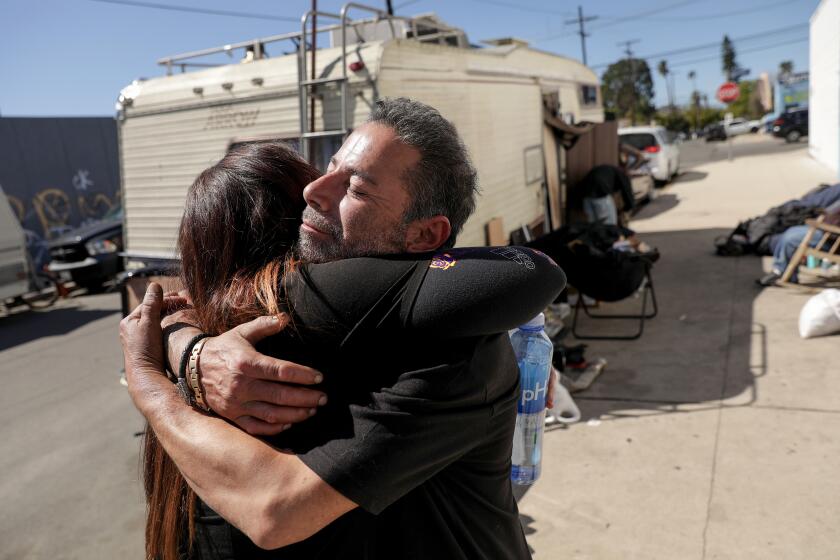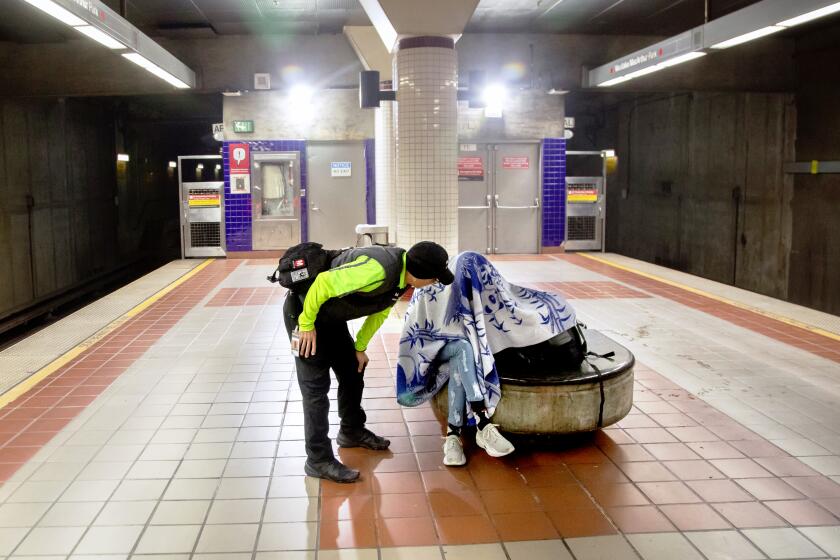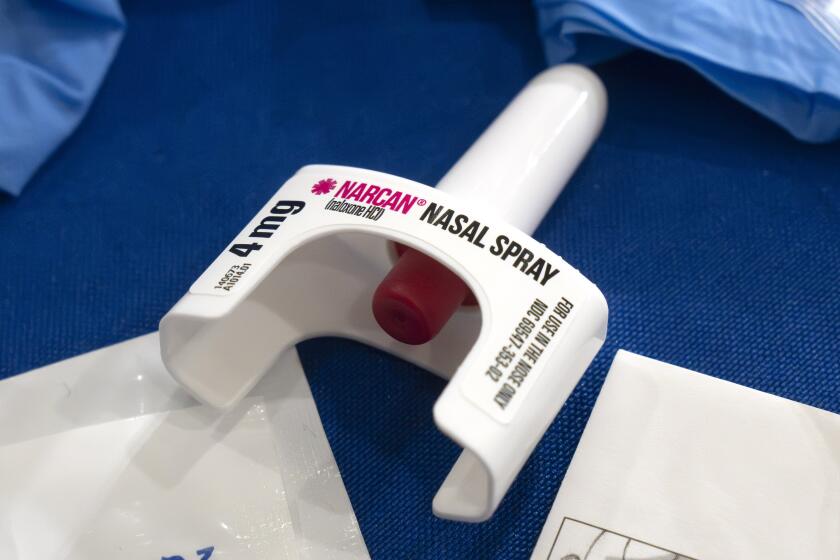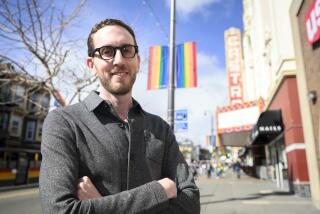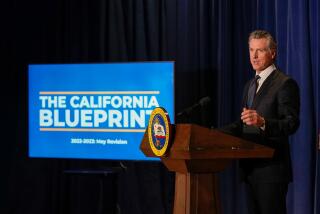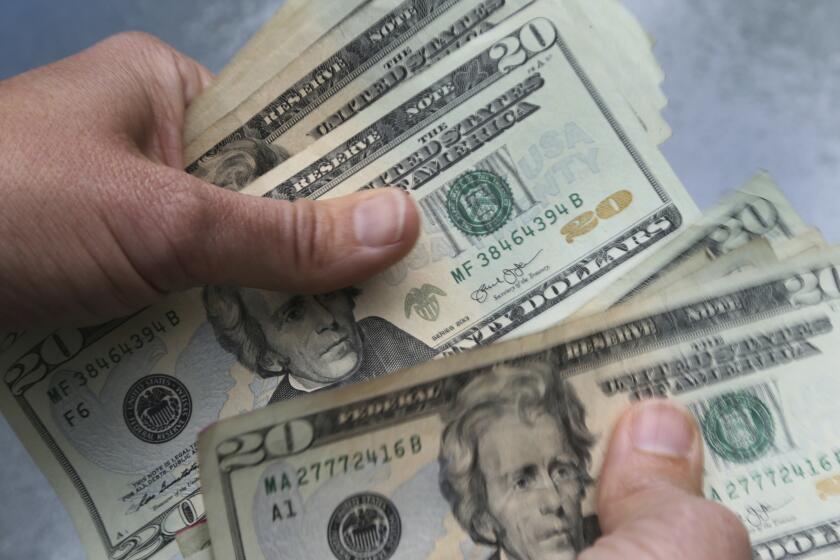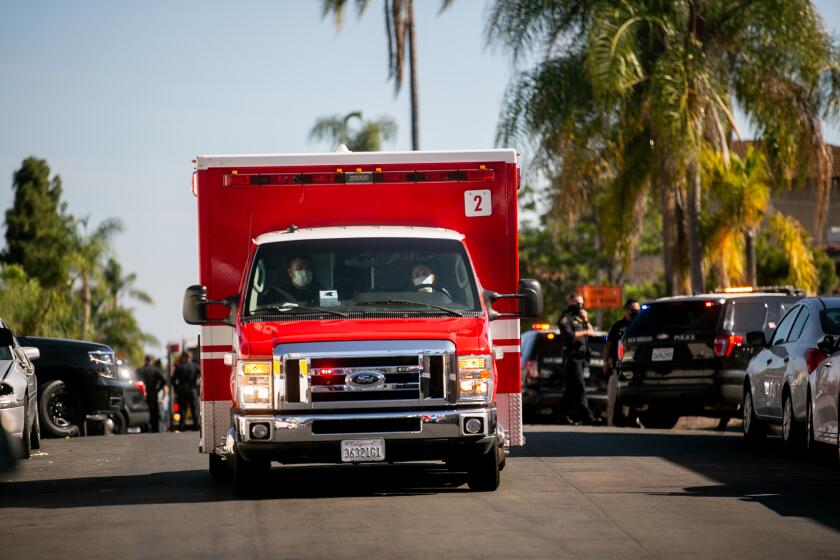Lawmaker wants California workplaces to put Narcan in first-aid kits
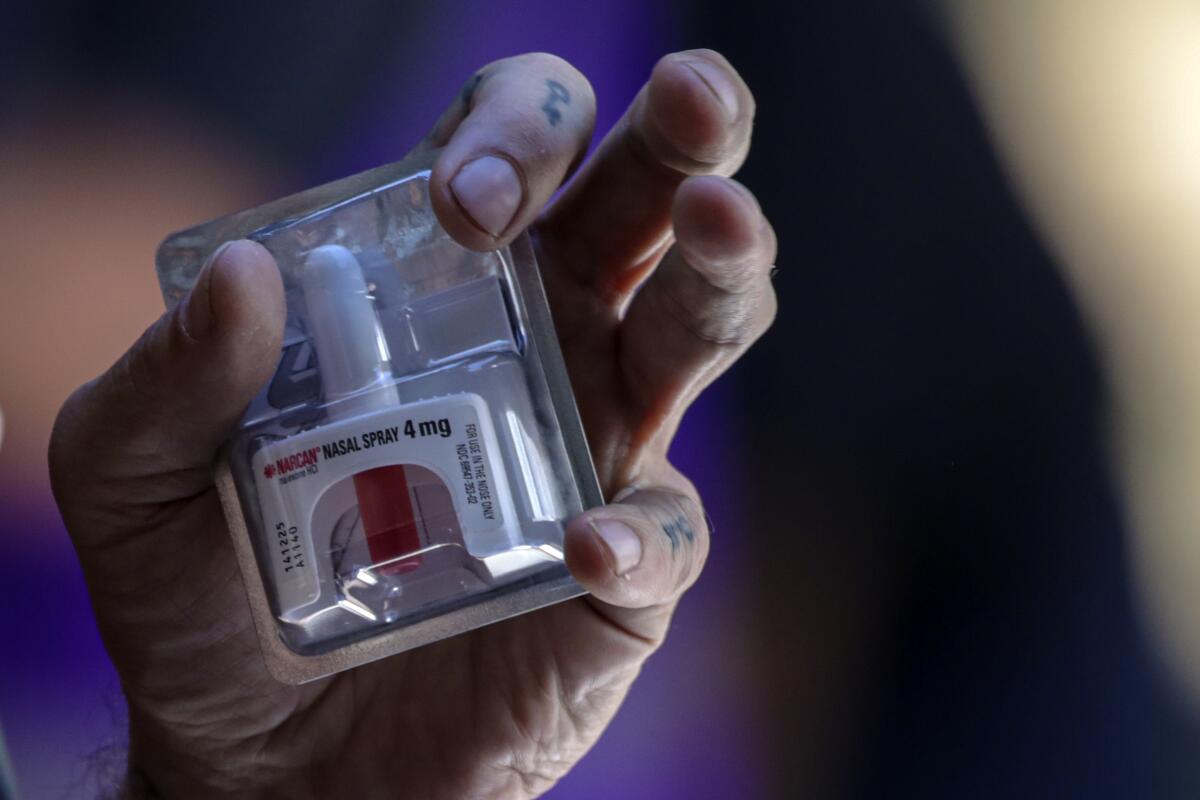
A new bill would require California workplaces to stock their first-aid kits with a nasal spray that can prevent opioid overdoses, greatly expanding the range of locations that have the lifesaving medication on hand.
Naloxone, commonly sold under the brand name Narcan, can halt a deadly overdose if administered promptly. When the medicine reaches the brain, it binds to the same receptors as opioids, displacing the drugs so that their dangerous effects are reversed.
As thousands of Californians lose their lives annually to opioid overdoses, state health officials have pushed to expand access to the medication, distributing millions of kits for free.
AB 1976, introduced Wednesday by Assemblymember Matt Haney (D-San Francisco), would build on existing requirements for California employers to have “adequate first-aid materials” for workers.
Including naloxone in the kits would ensure its availability in stores, repair shops and other work sites, giving bystanders more places to turn for the lifesaving medication when they see that someone is overdosing, Haney said.
“There’s no excuse not to have Narcan available where it can save someone — and that means that it has to be everywhere. It has to be accessible in the same way that a fire extinguisher is,” he said.
To prevent overdose deaths, Los Angeles County health officials made a push to distribute 50,000 boxes of Narcan — a nasal spray that can block the effects of an opioid overdose — by this summer.
The legislation doesn’t specify the number of doses that would need to be stocked in each first-aid kit. The revised rules for workplaces would be adopted by the end of 2026, according to the bill.
It is unclear how much the proposal would cost, but the expense of adding naloxone to first-aid kits would be shouldered by businesses rather than the state, Haney said.
A two-dose pack of Narcan currently goes for roughly $45 online, but Haney expects the price to drop significantly as a result of bulk purchasing and state efforts to bring down costs.
“This is an investment, which we hope is a relatively small one, in protecting yourself and people around you. That’s the purpose of a first-aid kit,” Haney said. He added that it’s “a pretty small cost in the scheme of things, particularly when compared to the potential of saving a life.”
The California Chamber of Commerce supports the goals of the legislation but wants to ensure that businesses do not run into problems with the costs and availability of the medication, said senior policy analyst Rob Moutrie. One concern is whether a simultaneous spike in demand from workplaces could squeeze the available supply.
“It comes down to cost and feasibility for us and how we work out those details, but we completely understand his objective,” he said. “We look forward to working closely with [Haney].”
The chamber also wants to address concerns about whether employees would face “unintended liability” if an overdose occurs nearby and they don’t step in to help or fail to use naloxone correctly, Moutrie said. Most workers “don’t have any knowledge of how to handle an overdose,” he said.
Metro workers watch and wait as drug overdoses unfold -- or go rogue to save lives. One has revived 21 riders.
Haney introduced a related bill in last year’s session that would have required bars, gas stations, public libraries and residential hotels to keep a nasal spray like Narcan on hand in certain counties deemed to be suffering an overdose crisis. Under that bill, which never made it to the full Assembly for a vote, the California Department of Public Health would have supplied businesses with the medication for free. Officials estimated that the measure would cost the state hundreds of thousands of dollars in its first year.
“I think that bill should have passed, but at the same time, it didn’t go nearly far enough,” Haney said. “There’s nothing more widely accessible than the first-aid kit.”
Health researchers have advocated for “naloxone saturation” — reaching the point when enough has been handed out in an area that it is readily available whenever an overdose occurs. Narcan nasal spray is the best-known version of the emergency medicine, but it can also be administered as an injection.
Metro workers watch and wait as drug overdoses unfold -- or go rogue to save lives. One has revived 21 riders.
Having naloxone in workplaces makes sense because it needs to be everywhere, especially as powerful opioids like fentanyl have permeated the drug supply and popped up as an unexpected ingredient in counterfeit pills, putting a broad range of people at risk, said Olivia K. Sugarman, a postdoctoral fellow with the Bloomberg Overdose Initiative at the Johns Hopkins Bloomberg School of Public Health.
“College kids buy Adderall and it’s got fentanyl in it — and they have an overdose,” she said.
Sugarman added that if the bill passes, people will need an easy way to know where naloxone can be found, like “a sticker in a window.” The goal is that even if an employee does not witness an overdose, somebody in the area “would know to go ask” for the medicine, Sugarman said.
The number of people who could be saved by the proposed measure may hinge on how widely the information spreads to those most likely to witness and intervene in an overdose, said Ricky Bluthenthal, a professor in the department of population and public health sciences at USC’s Keck School of Medicine.
But he said there is no downside to making the medication available in a wider range of locations.
“It doesn’t hurt — and it probably helps with this overall idea that we want to normalize people having access to naloxone,” Bluthenthal said.
A free vending machine that dispenses the overdose-reversal drug naloxone was unveiled this week at Santa Clara University, the first such campus resource in the Bay Area.
Some California businesses are already required to have naloxone on hand: Stadiums, concert venues and amusement parks must stock Narcan or other medicines that reverse the effects of opioids under a bill signed by Gov. Newsom in October.
Such medication is also required to be on site at licensed alcohol and drug treatment programs, and at community college and Cal State University campuses. In addition, California requires county offices of education to buy supplies of the emergency medicine for middle schools, junior highs, high schools and adult schools. The biggest school district in the state, Los Angeles Unified, began stocking campuses with naloxone more than a year ago amid alarm over student overdoses.
Los Angeles County officials have also undertaken efforts to hand out boxes of naloxone on the streets and in homeless encampments and have set up free vending machines for people leaving its jails.
Haney argued that naloxone needs to be much more widely available to save lives. He recounted hearing from a mother whose son had overdosed at the auto repair shop where he worked.
“If Narcan was there, he would still be alive,” Haney said. “There are countless stories like that. ... It’s a miracle drug in many ways. But it can’t perform miracles if it’s not available when we need it.”
More to Read
Start your day right
Sign up for Essential California for news, features and recommendations from the L.A. Times and beyond in your inbox six days a week.
You may occasionally receive promotional content from the Los Angeles Times.
